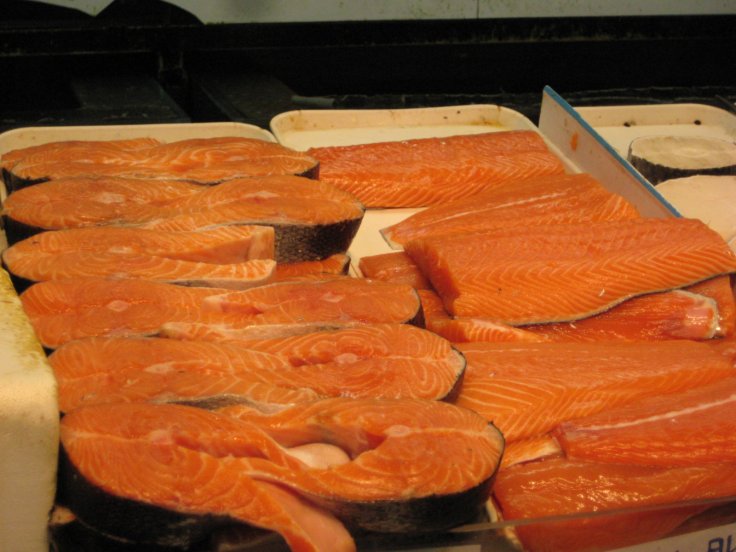
China has halted the import of European salmon following reports that coronavirus was discovered on chopping boards used to cut imported salmon at Beijing's Xinfadi market. This information was published by the state-run newspapers in China.
The report has caused concern as Beijing markets, especially Xinfadi market, are considered as the source of a cluster of infections that may result in the second wave of COVID-19 in Beijing.
Representatives of Norway Royal Salmon, one of the biggest exporters of fish to China, said that all sales to China have been stopped. The company was waiting for the situation to be clarified, reported Channel News Asia.
How Likely is Fish to Carry COVID-19?
With relation to fish imports, experts have said that fish is unlikely to carry the disease. However, the state-run newspapers in China stated that genetic traces of the virus from the Beijing market outbreak suggested it could have come from Europe. But the Food Safety Authority of Norway has said that there was no evidence that fish could be infected by coronavirus.
The news had an impact on the share market as there was a steep drop in shares in Norway Royal Salmon, Bakkafrost, Mowi and Salmar. Shares were down at least between three and five percent. China accounts for about five percent of the global consumption of salmon. Reports claim that employees of Bakkafrost and Norway Royal Salmon have undergone tests for COVID-19 and have tested negative.
The companies have also said that salmon import has only been halted by China and the news has not affected exports to other countries. Meanwhile, major supermarkets in Beijing have directed authorities to remove salmon from their stalls.
Trace And Test Program Back in Beijing
Currently, China is trying to take all measures to stop Beijing from becoming the second Wuhan. On Tuesday, 27 new infections were reported from Beijing. This has led to a huge trace-and-test program. The officials in Beijing have been directed to test all stall owners and managers in food markets, restaurants and government canteens in the city.
With the new cases, the number of confirmed infections in Beijing has gone up to 106 over the past five days. At least 30 communities in the city have been locked down and tens of thousands of people have been tested for coronavirus.
According to China's official news agency Xinhua, Beijing's coronavirus testing capacity has been expanded to 90,000 per day. Taxi and ride-hailing services have been halted. All indoor sports and entertainment-related events have been canceled in Beijing.









